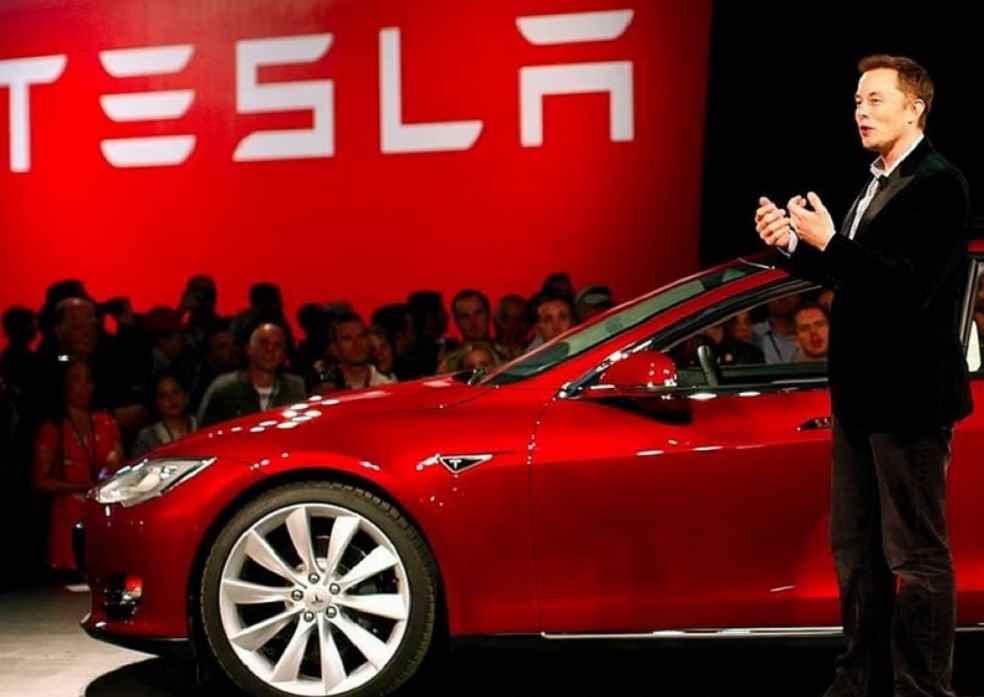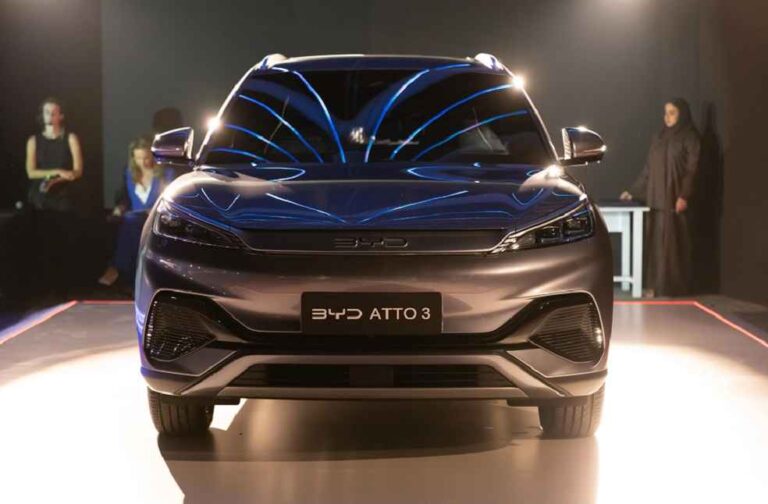A seismic shift occurs in the electric vehicle (EV) domain as China’s BYD eclipses Elon Musk’s Tesla, seizing the crown as the premier electric car seller globally. This development marks a pivotal chapter in the EV narrative.
BYD, an acronym for Build Your Dreams, backed by US investment titan Warren Buffett since 2008, disclosed production figures of 3.02 million new energy vehicles for 2023, outperforming Tesla’s 1.84 million. This tally includes 1.6 million solely battery-powered cars and 1.4 million hybrids, positioning Tesla as the frontrunner in the pure electric battery-only segment despite BYD’s aggregate lead.
The closing quarter of 2023 witnessed BYD surpassing Tesla in sales of solely battery-operated cars, a first in the industry, with 526,000 units compared to Tesla’s 484,000. Key to BYD’s success is its competitive pricing strategy, offering vehicles more affordably than Tesla, which garners roughly 20% of its sales from the Chinese market.

With ambitions stretching beyond domestic borders, particularly towards Europe, BYD has launched five models with plans for three additional releases this year. Yet, BYD’s European aspirations confront hurdles, especially from the European Union’s anti-subsidy probe into Chinese electric vehicle imports initiated last September. Ursula von der Leyen, President of the European Commission, voiced concerns over state-subsidized Chinese EVs impacting the market, potentially leading to significant tariffs on Chinese imports.
BYD fortifies its market stance by producing its electric vehicle batteries, contrasting with Tesla’s reliance on various suppliers and its struggle with lithium shortages. BYD is strategically expanding its lithium access, investing in a Chinese lithium producer, and scouting mining opportunities in Africa and South America.

China’s emergence as a dominant electric vehicle producer coincides with a crucial juncture in the US — a presidential election year. Trade relations and the US-China dynamic are poised to be pivotal campaign themes. Recent protective actions by the Biden administration in the EV sector and looming tariff hikes on Chinese goods, including electric vehicles, underscore escalating sector tensions.
Additionally, strategic US efforts to curb China’s technological growth, exemplified by persuading the Dutch government to limit chip-making machinery exports to China, highlight the broader geopolitical context of the electric vehicle race.
BYD’s rise to the apex of the EV market not only redefines the automotive landscape but also signals a transformative shift in international trade and technological rivalry, with particular emphasis on the US-China axis.
EDITOR’S PICK | Tesla’s 2024; Overcoming Challenges to Achieve Dominance





